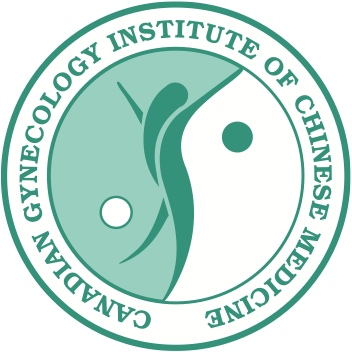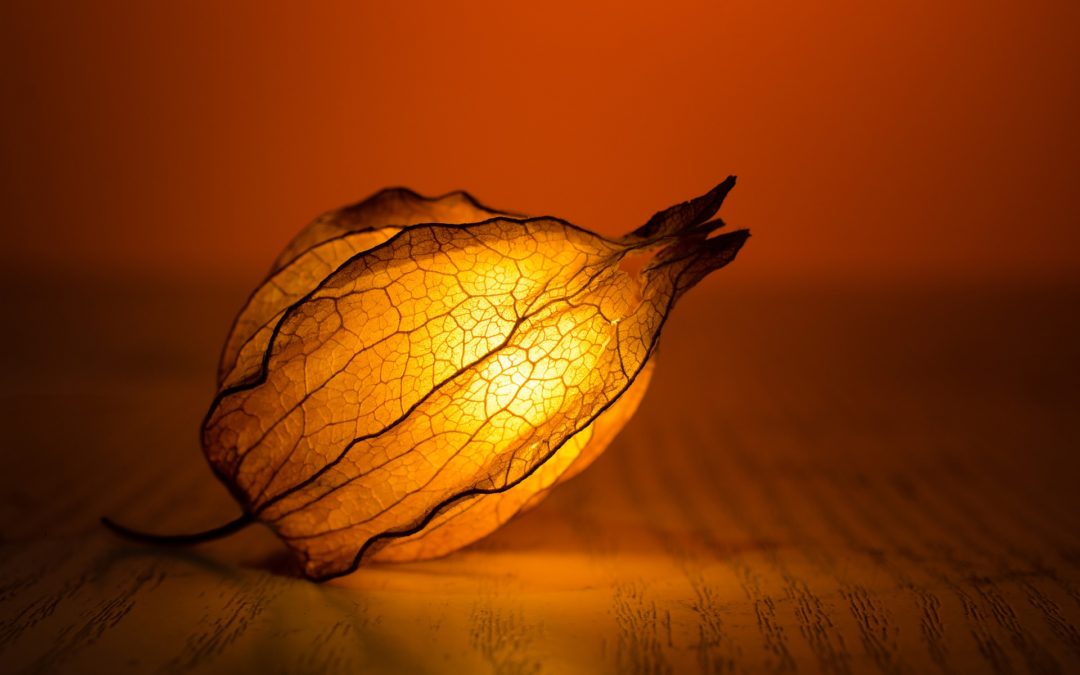All of a sudden it feels like someone turned up the heat and aimed it right at you. Your skin starts to glisten and glow, your cheeks flush red and you try not to be too obvious taking of extra layers and fanning yourself with the closest piece of paper you could find. Meanwhile, all of the younger women around you are complaining that it is cold and are putting on that extra sweater they brought ‘just in case.’ You are having a hot flash and there is no way around it but to just wait it out.
What are Hot Flashes?
Hot flashes are recurrent, transient periods of flushing or sweating and a sensation of heat often accompanied by palpitations, anxiety and occasionally chills. They generally last no more than 1-3 minutes and can recur as many as 30 times per day.
What Causes Hot Flashes?
Perimenopause often starts in the mid to late forties. During this time, ovarian follicles become increasingly resistant to follicle stimulating hormone (FSH) and ovulation becomes less frequent, with a decrease in overall progesterone production, generally resulting in menstrual irregularity. During menopause, menstruation ceases altogether due to the loss of ovarian function. The ovarian follicles are depleted, and there are signs of hyperestrogenemia and elevated serum FSH levels. These hormonal changes trigger an increased Gonadotropin Releasing Hormone (GnRH) secretion and therefore a central disturbance of the body temperature regulation center. This is generally thought to result in symptoms such as hot flashes, which tend to become more intense as circulating estrogen suddenly drops.
According to TCM, hot flashes and menopause in general are due to a decline in the Kidneys (the Kidneys being responsible for growth and reproduction). This decline is a natural process of aging, though there are some factors that can make the symptoms of menopause worse, including: genetics, a lifetime of emotional stress, working too many hours with inadequate rest (which usually coincides with irregular diet and emotional instability), and having too many children too close together.
How can we Treat Hot Flashes Naturally?
Chinese Medicine has successfully treated hot flashes and other menopausal symptoms for hundreds of years. The focus of the treatments is herbal remedies and is supplemented with acupuncture. The herbal remedies tend to treat these types of deficiencies more quickly and effectively than acupuncture alone. A treatment time of 2 months is generally required to see results.
Is there anything I can do at home?
Yes! Absolutely!
What to Avoid: you would be surprised at how many women notice a remarkable decrease in night sweats and hot flashes by not drinking RED WINE. Red wine and almost all types of alcohol increase blood circulation which will in turn increase the feeling of heat in the body. By adding heat to a hot flash, the condition will be exacerbated. I know you are thinking about just cooling the wine or adding ice cubes and though this is a great idea, unfortunately this will not counteract the heat. Following this idea, eating SPICY FOODS will also have the same effects.
What to Add:

- BLACK BEANS: these beans nourish the Kidneys to counteract the heat. They are also used as a diuretic.
- SOYBEANS: soybeans are moistening, and like black beans, nourish to counteract the heat. Eating soybean sprouts or fermented soybean products is recommended. Unfermented soy products can be difficult to digest. Soybeans can also cleanse the blood vessels, improve circulation, promote clear vision, are diuretic, lower fevers and eliminate toxins.
- BEETS & CARROTS: beets along with carrots help with hormonal regulation during menopause as well as constipation and nervousness.
- WHEAT: there are a great many controversies about eating wheat. According to Pitchford, the wheat allergy mainly comes from the processing of the wheat into flour. He states that unless the flour is used both directly after grinding, or it has been frozen, it easily goes rancid from oxidation and this is where the majority of our problems with wheat come from. Pitchford goes on to say that many people who have wheat allergies can still eat wheat that has been pre-soaked, sprouted, or can eat wheat germ. That being said, wheat is generally said to be nourishing and is often prescribed to those with palpitations, insomnia, irritability, emotional instability and can encourage growth and weight gain (thus, obese people and those with tumors should avoid wheat). Since wheat is mildly astringent it can also help with juvenile bed wetting, spontaneous sweating, night sweats, diarrhea, thirst, and dry mouth and throat.
Menopause and hot flashes can be managed naturally. Adequate rest and exercise, managing emotions and eating a healthy and well balanced diet are key. Focusing on health and paying attention to how our bodies react to our environments are the first steps in managing a sweaty future.
Caroline Prodoehl, TCMP
References:
Macocia, Giovanni (1998). Obstetrics & Gynecology in Chinese Medicine. Churchill-Livingstone. New York, NY.
Pitchford, Paul (2002). Healing with wholefoods: Asian traditions and modern nutrition, 3rd Ed. North Atlantic Books. Berkeley, California.
Wang, Yuxiang (2012). Integrated Gynecology in Chinese Medicine. Toronto, ON.

